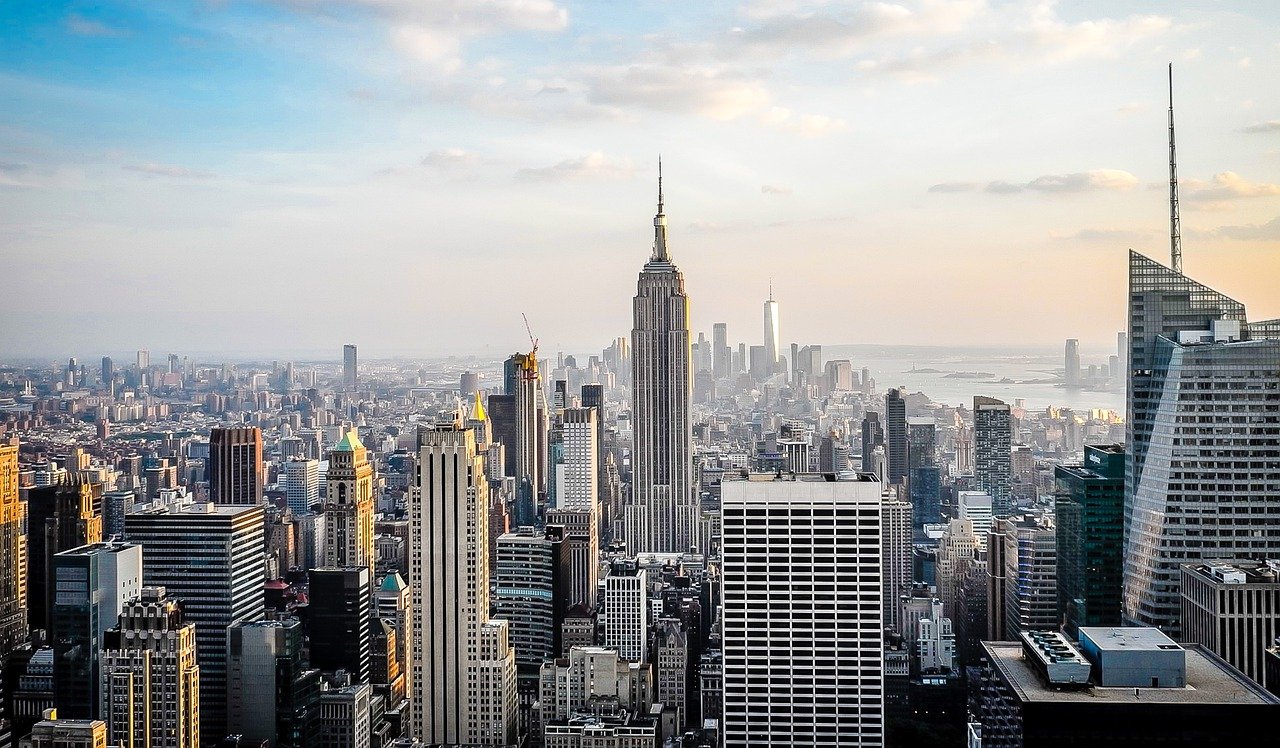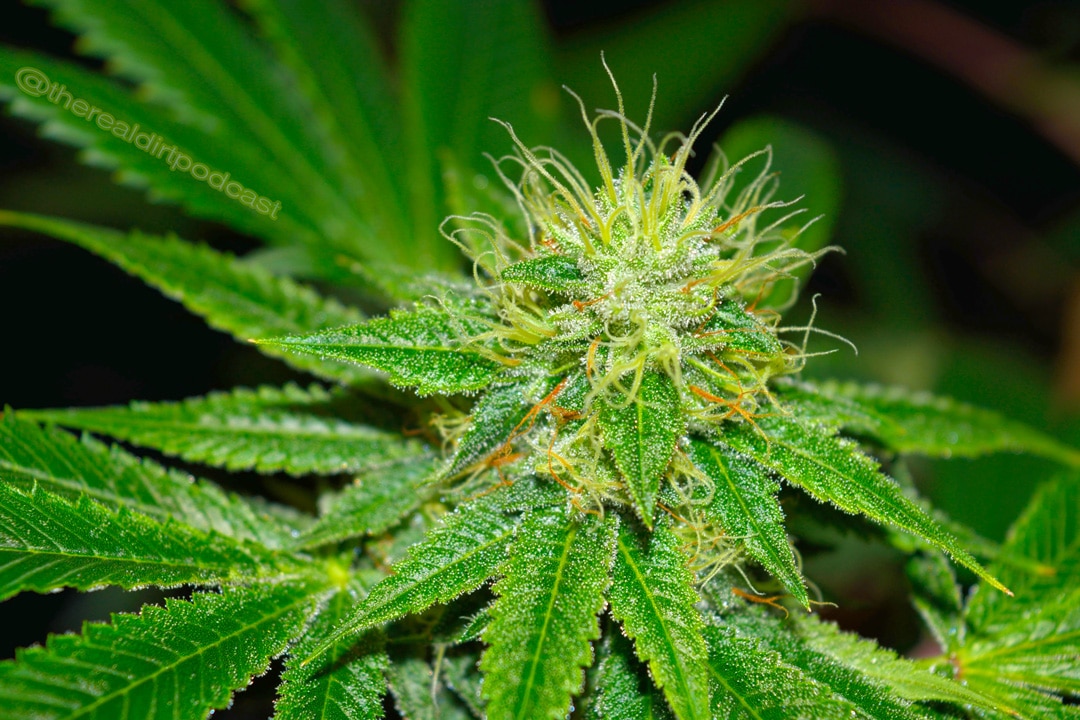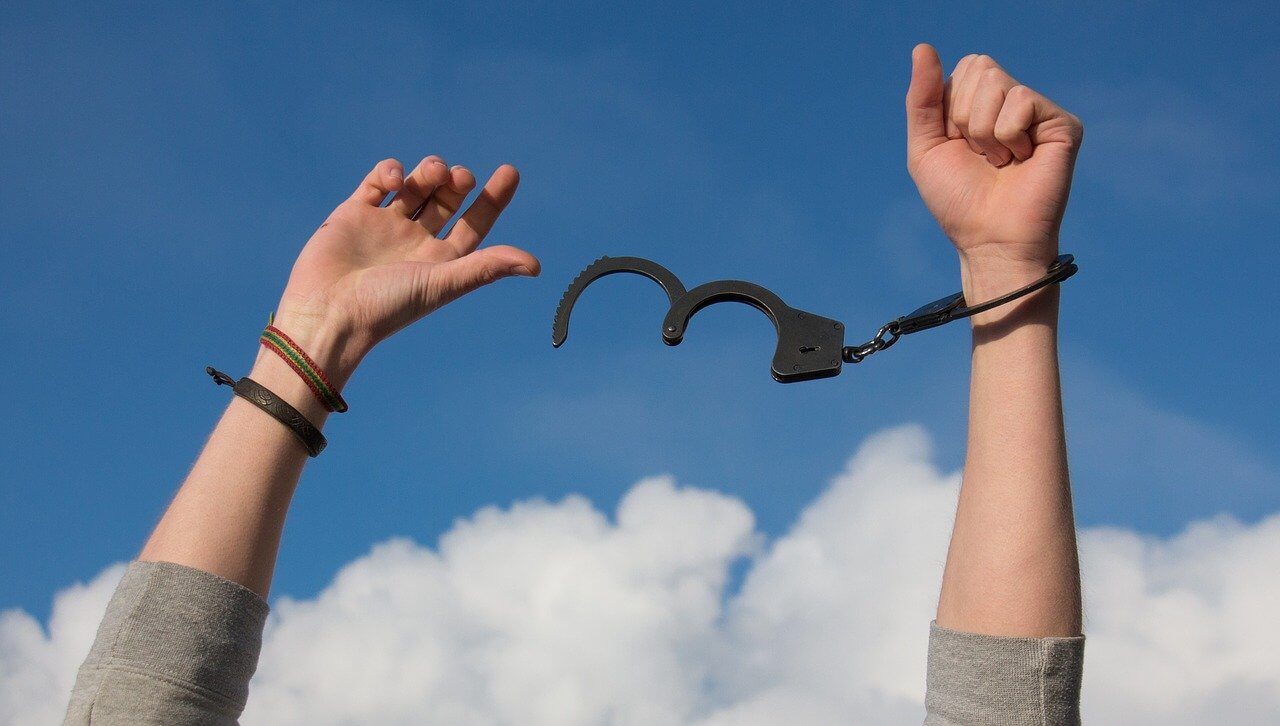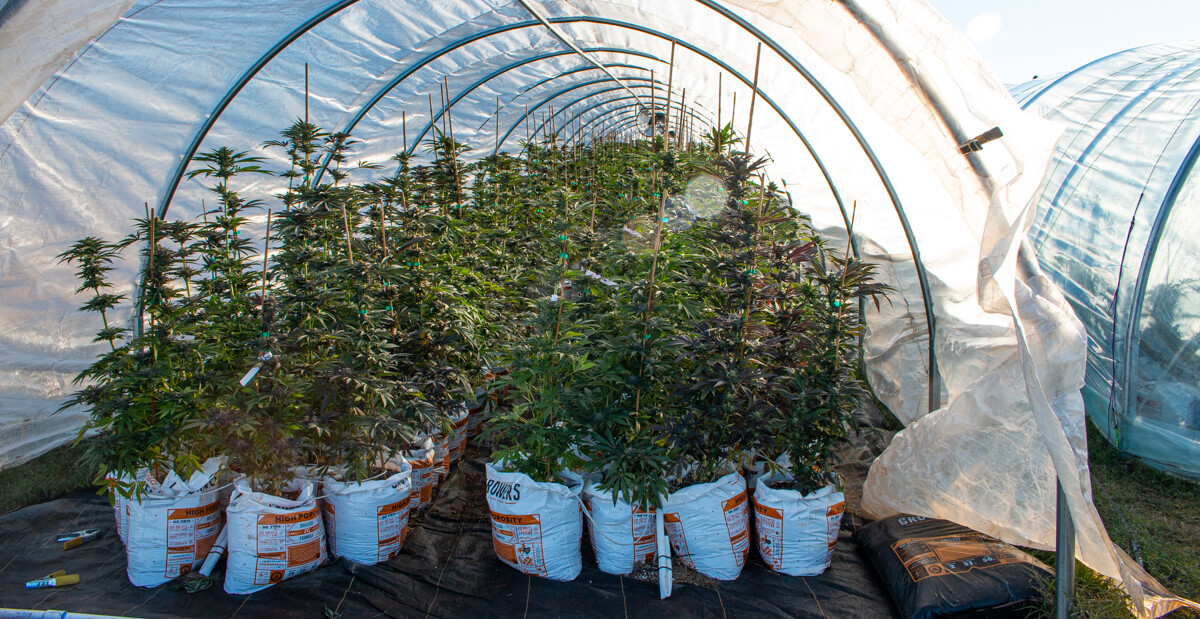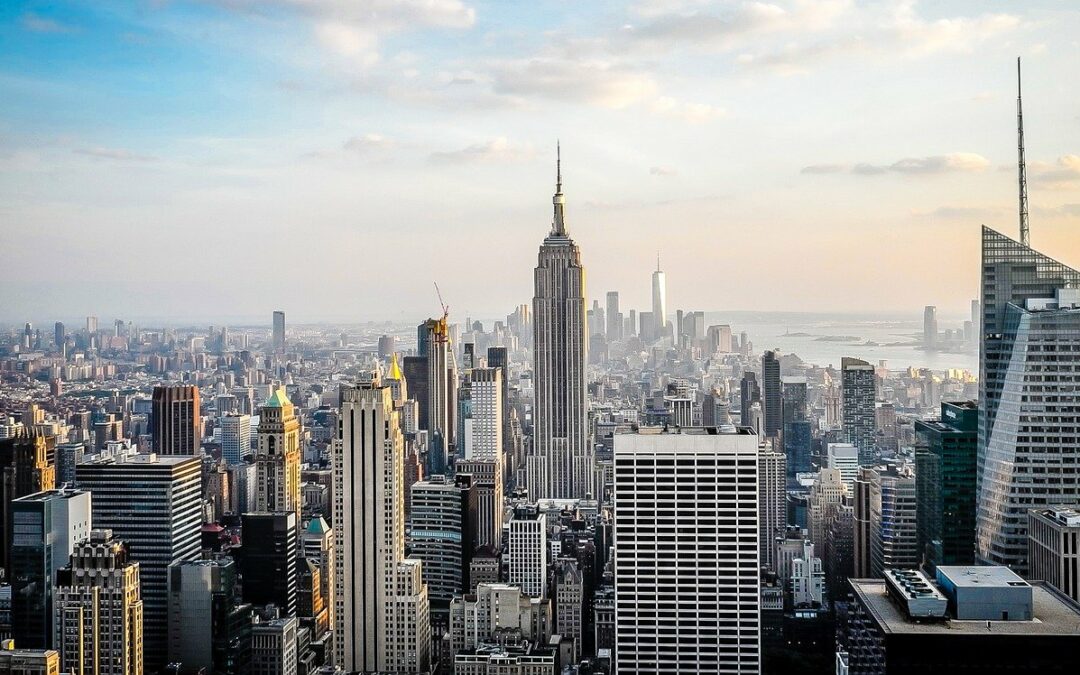
by The Real Dirt | Jan 8, 2021 | 420 News, Blog, Cannabis Law, Cannabis Law and Compliance, Hemp Law
New York lawmakers representing nearly a third of the state Senate on Tuesday prefiled a bill to legalize marijuana.
Gov. Andrew Cuomo (D) has emphasized the need to enact the reform in 2021, arguing that it could help offset economic losses from the coronavirus pandemic and promote social equity. And now there’s a new potential vehicle for legalization to happen.
Sen. Liz Krueger (D) and 18 cosponsors filed the legislation, which is identical to a bill she sponsored last year and has now been referred to the Senate Finance Committee. It would make it so adults 21 and older would be able to purchase cannabis and cultivate up to six plants for personal use.
This is the fifth version of the legalization bill that the senator has introduced since 2013. But advocates are hopeful that, given the evolved marijuana policy landscape in the region and nationally, as well as the governor’s embrace of reform, this year will see the measure advance.
“It is long past time for New York State to catch up with our neighbors and legalize, tax, and regulate adult-use marijuana,” Krueger told Marijuana Moment. “To my mind the most compelling reason for doing so has always been to end the unnecessary and destructive impact of the so-called ‘War on Drugs’ on communities of color.”
“But now, faced with the impacts of the pandemic, the potential for legalization to create new jobs, economic growth, and out-year tax revenue for the state is more important than ever,” she said. “I am cautiously optimistic about the chances of getting this done and done right—in a way that ensures that resources are directed to communities most directly impacted by the failed policies of prohibition.”
An 18 percent tax would be imposed on cannabis sales. After covering the costs of implementation, revenue from those taxes would go toward three areas: 25 percent for the state lottery fund, so long as it’s designated for the Department of Education; 25 percent for a drug treatment and public education fund and 50 percent for a community grants reinvestment fund.
The bill could finally give advocates the legislative win they’ve been working towards.
Cuomo has attempted to enact legalization through the budget for the past two years—and he’s expected to give it another try in 2021, based on recent comments from an aide and the governor—but it hasn’t come to fruition. That’d due in large part to disagreements over certain provisions such as the tax structure and where to allocate the resulting revenues
“I look forward to working with the governor and my legislative colleagues to finally make legalization a reality for New Yorkers,” Krueger said of the renewed effort for 2021.
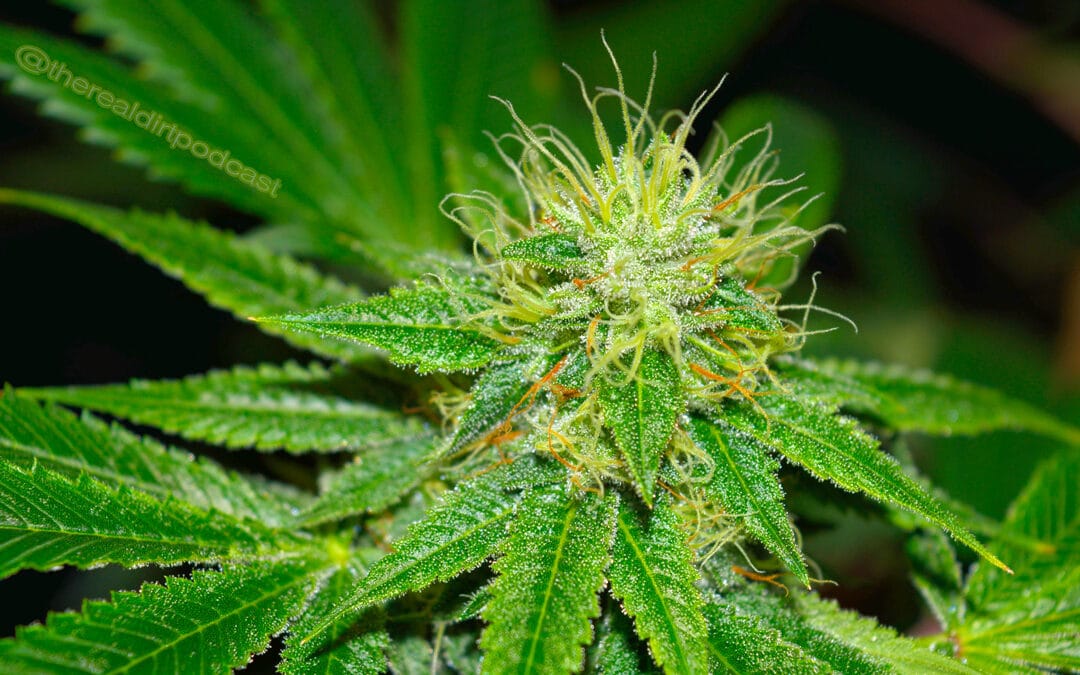
by The Real Dirt | Jan 5, 2021 | 420 News, Blog, Cannabis Law, Cannabis Law and Compliance
Once the clock struck midnight and 2021 began, marijuana became legal for recreational use in the state of Montana – but this new law does not come without some caveats.
“I imagine people… we’ll probably have some amount of people coming to all the stores ready to buy. But you know, we can’t do that,” said Joshua Gosney, the owner of Infinity Wellness.
While marijuana is now legal for recreational use, only two things have immediately taken effect. “Any individual will be allowed to grow a certain number of plants in their house and have a certain amount of product on them at all times,” Gosney said.
So you can grow it and possess it — but a lot goes into growing the cannabis plant.
“In Montana, you’re going to be primarily in an indoor situation, especially in the wintertime, so you’re going to need things like supplemental high-intensity lighting or LEDs, some type of watering apparatus. It’s some work,” explained Ryan Saghatelian, one of the owners of Greener Pastures.
It could be a while, though, before you can legally buy marijuana in Montana.
“Probably not going to be until 2022 when the licensing goes into play, so we’re kind of in a weird area right now where it’s legal to possess, but it’s not legal to purchase, so there’s a lot of uncertainty,” Saghatelian said.
And with new laws comes new responsibilities: “There will be limitations to what people can do. It’ll be up to the Legislature to make sure that they effectively regulate that in order to maximize tax revenue and public safety and public benefit without risking the public’s health,” Gosney said.
Smoking marijuana in public is not allowed, and Montana statute says no one can drive under the influence of any substance, according to Lt. Brandon Wooley with the Billings Police Department. He also noted: “We still will be involved in, let’s say, if you got four or five pounds on you and you’ve got evidence of trafficking and distribution. We’re still going to seize everything and we’re still going to forward through for the County Attorney’s office for prosecution.”
Supporters say legalizing recreational marijuana will generate much-needed tax revenue. A study by the University of Montana’s Bureau of Business & Economic Research estimated recreational marijuana could generate more than $43 million a year for the state.
However, some law enforcement, medical, and professional groups oppose the measures. They argue legalized marijuana will add to the state’s growing drug addiction problems, create safety concerns in the workplace, the risk of unintentional exposure to children, and increased marijuana use in adolescents.
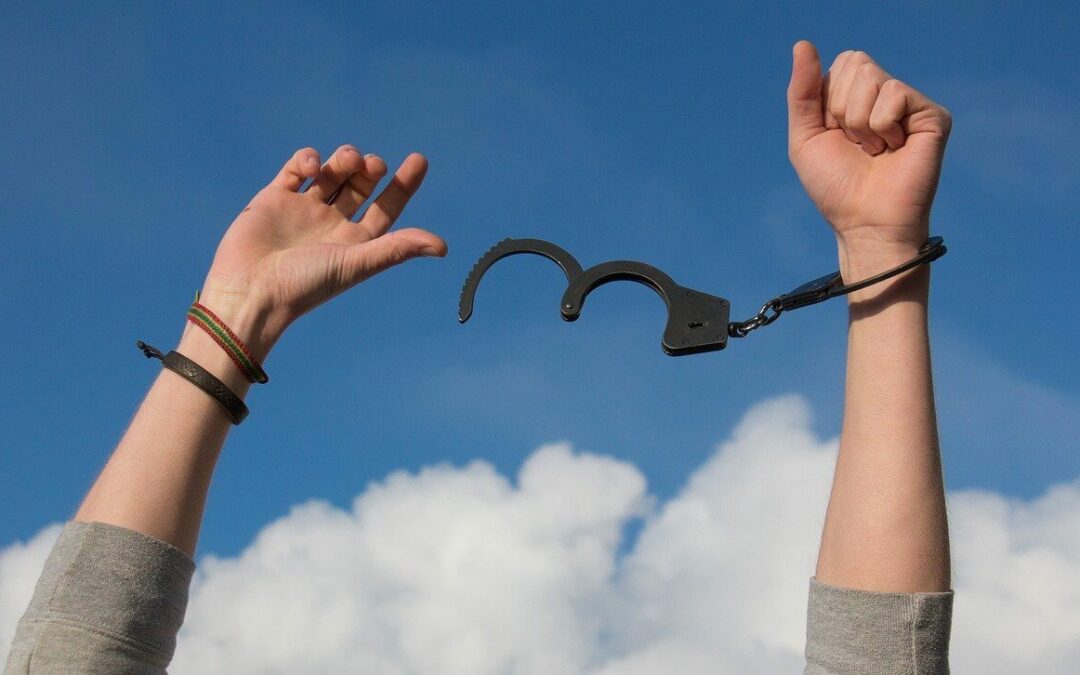
by The Real Dirt | Jan 4, 2021 | 420 News, Blog, Cannabis Law, Culture
Illinois Gov. J.B. Pritzker (D) said in an announcement hours before the start of the new year that his state had expunged nearly 500,000 marijuana-related convictions.
The move follows Pritzker signing legislation in 2019 legalizing recreational marijuana use in the state starting in 2020. The expansive legislation also paved the way for 770,000 state residents to be eligible for expunging marijuana-related offenses.
Pritzker initially estimated it would take four years to start getting records expunged, but announced on Thursday that nearly 500,000 had already been tossed going into 2021.
“We reached this milestone one year into what will be an ongoing effort to correct historic wrongdoings fueled by the war on drugs,” he tweeted.
“We will never be able to fully remedy the depth of the damage in communities of color, who have disproportionately shouldered this burden. But we can govern with the courage to admit the mistakes of our past — and the decency to set a better path forward.”
Illinois joins more than a dozen states in recent years that have legalized marijuana recreationally and sought to address convictions related to the drug.
California, Colorado, Delaware, Hawaii, Illinois, Massachusetts, New Hampshire, New Mexico, Nevada, New York, North Dakota, Oregon, Rhode Island and Washington have each enacted legislation to explicitly expunge or seal the records of those convicted of low-level marijuana crimes.

by The Real Dirt | Dec 29, 2020 | 420 News, Blog, Business, Cannabis Law, Culture

By making local officials the gatekeepers for million-dollar businesses, states created a breeding ground for bribery and favoritism.
Jasiel Correia’s star was rising.
The son of Cape Verdean immigrants in the working-class Massachusetts port city of Fall River — famed as the home of Lizzie Borden — Correia was a home-grown prodigy. At 23, he was elected mayor, fielding congratulatory calls from Sen. Elizabeth Warren and Rep. Joe Kennedy.
That was in 2015. Four years later, just a week before his reelection race, federal agents ignominiously led him away from his home in handcuffs and charged him with attempting to extort cannabis companies of $600,000 in exchange for granting them lucrative licenses to sell weed in his impoverished city.
“Mayor Correia has engaged in an outrageous brazen campaign of corruption, which turned his job into a personal ATM,” declared U.S. Attorney Andrew Lelling during a press conference announcing the charges.
The downfall of Fall River’s young mayor wasn’t just a tragedy for the thousands of people who invested their hopes in him: It was emblematic of a rash of cannabis-related corruption across the nation, from Massachusetts to California to Arkansas and beyond.
In the past decade, marijuana legalization for adults over 21 has been passed in 15 states, and another 17 have legalized medical marijuana. But in their rush to limit the numbers of licensed vendors and give local municipalities control of where to locate dispensaries, they created something else: A market for local corruption.
Almost all the states that legalized pot either require the approval of local officials — as in Massachusetts — or impose a statewide limit on the number of licenses, chosen by a politically appointed oversight board, or both. These practices effectively put million-dollar decisions in the hands of relatively small-time political figures — the mayors and councilors of small towns and cities, along with the friends and supporters of politicians who appoint them to boards. And these strictures have given rise to the exact type of corruption that got Correia in trouble with federal prosecutors. They have also created a culture in which would-be cannabis entrepreneurs feel obliged to make large campaign contributions or hire politically connected lobbyists.
For some entrepreneurs, the payments can seem worth the ticket to cannabis riches.
For some politicians, the lure of a bribe or favor can be irresistible.
Correia’s indictment alleges that he extorted hundreds of thousands of dollars from marijuana companies in exchange for granting them the local approval letters that are necessary prerequisites for obtaining Massachusetts licenses. Correia and his co-conspirators — staffers and friends — accepted a variety of bribes including cash, more than a dozen pounds of marijuana and a “Batman” Rolex watch worth up to $12,000, the indictment charges.
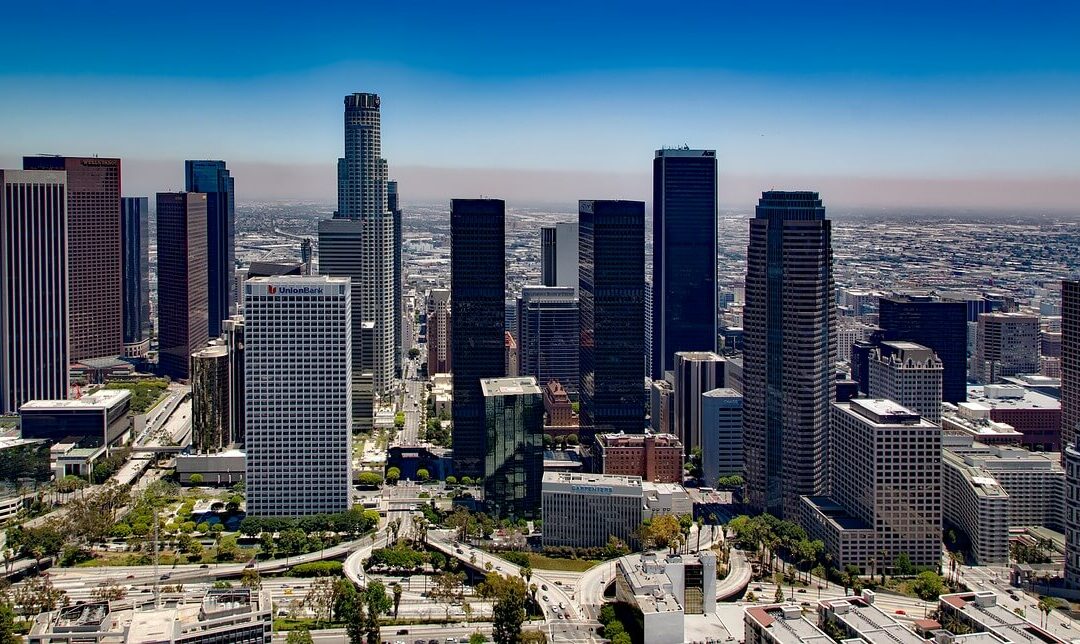
by The Real Dirt | Dec 28, 2020 | 420, 420 News, Blog, Business
At least 57 licensed cannabis companies in Los Angeles are poised to see their business permits yanked by city authorities at the end of the year – with no obvious way to get the licenses reinstated.
The licensees in question – which appear to be a mixture of retailers, distributors and perhaps other business types – represent roughly 14% of the 418 marijuana business permits issued to date by the city, according to the L.A. Department of Cannabis Regulation (DCR).
Although the City Council has a motion pending to give the 57 companies a lifeline, the council is in recess until Jan. 8.
So it’s unclear if the Council would be able to act in time to save the businesses. But even the Council motion itself warns that all of the companies might be forced “out of business” next month.
The situation has many business owners “frantic,” said Jerred Kiloh, president of the L.A.-based United Cannabis Business Association (UCBA).
The situation
At issue is those companies’ annual license renewal applications and fees for 2021, which were due Nov. 2.
The vast majority of licensed cannabis companies in the city paid and got their paperwork in on time, but at least 57 failed to do so.
Under current city law – which was put in place in July 2020 – there’s no way to grant the businesses extra time, a DCR spokesperson noted in an email to Marijuana Business Daily.
“(City code) does not permit DCR to waive late renewals or allow reinstatements,” the spokesperson wrote.
After Dec. 31, 2020, according to the DCR website, all 57 licensees “will be required to cease operations and will not be allowed to engage in commercial cannabis activity until a new application is submitted to DCR and a new temporary approval or license is issued.”
So it appears all 57 will have to start from square one in applying for both local and state permits, a process that could take months, or even years, before those businesses can reopen.
At the moment, there appears to be little that can be done to avert the closures.
“Late renewals and/or reinstatement would require the City Council to amend the Los Angeles Municipal Code,” the DCR spokesperson wrote.
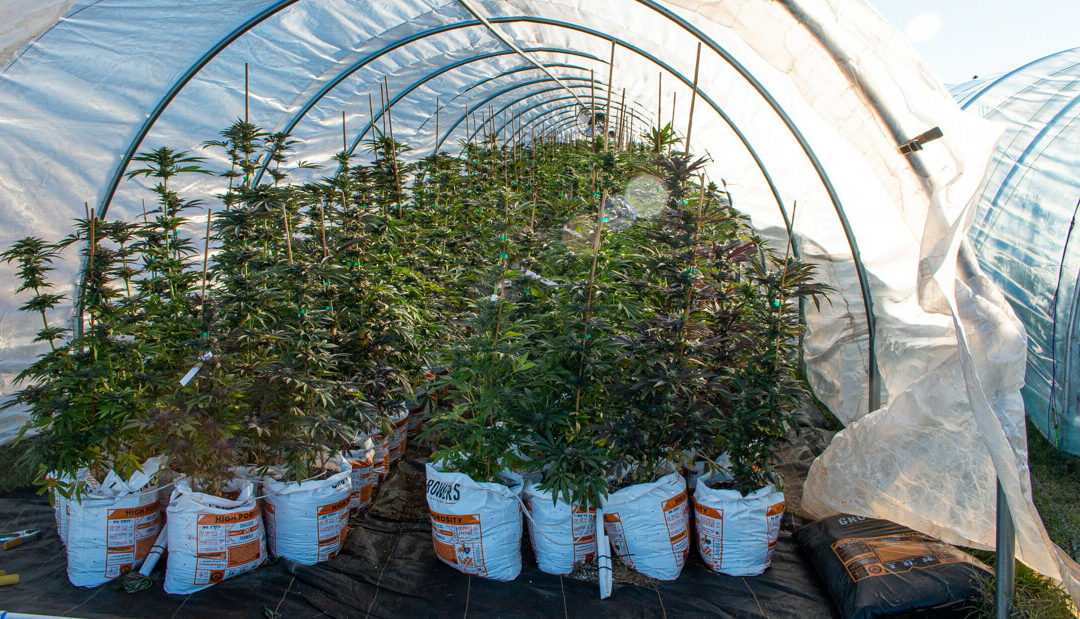
by The Real Dirt | Dec 23, 2020 | 420 News, Blog, Cannabis Law, Cannabis Law and Compliance
The measure now heads to Gov. Phil Murphy, who is expected to sign the legislation
Recreational adult-use marijuana is just a signature away from becoming legal in New Jersey after both houses of the state legislature passed legislation on Thursday to decriminalize and legalize the industry.
The measure now heads to the desk of Gov. Phil Murphy, who is expected to sign the bill into law.
The bill creates the organizational and regulatory system needed to oversee the industry in New Jersey. It will direct 70% of all sales tax revenue generated and all “social equity excise fees” on cultivators toward communities that have been most adversely-impacted by drug laws.
The other 30 percent of all sales tax revenue generated will go toward the operations of the Cannabis Regulatory Commission, as well as to support state, county and municipal law enforcement.
The five-member Cannabis Regulatory Commission will be tasked with governing the industry in New Jersey. It will include three members appointed by Murphy and one each nominated by Senate President Steve Sweeney and Assembly Speaker Craig Coughlin.
The measure will cap the number of statewide cannabis facilities at 37 for the first two years. Towns will be allowed to prohibit marijuana businesses in their communities, and those who choose to allow such businesses to operate will be permitted to collect and keep a 2% tax.
The legislation will provide for certain criminal and civil justice reforms, including the elimination of criminal penalties for marijuana possession. It will also regrade the unlawful distribution and possession of less than five pounds of marijuana or less than one pound of hashish.
Law enforcement officers across the state made over 24,000 arrests, or one every 22 minutes, for cannabis possession in 2012, which was more than in the previous 20 years. Marijuana possession arrests also made up for three out of every five drug arrests that year, according to Assembly Democrats.
Distribution of less than five pounds, but at least one ounce or more, of marijuana or distribution of less than one pound, but at least five grams or more, of hashish is punishable as a crime of the third degree under current law. Offenders can face imprisonment of 3-5 years and/or a fine of up to $25,000.
Smaller distribution amounts of less than one ounce of marijuana or less than five grams of hashish is punishable as a crime of the fourth degree under current law. Offenders can face up to 18 months in prison and/or a fine of up to $10,000.
The bill also includes business incentives for minorities, women and disabled veterans to help them partake in the industry.

